In the realm of wagging tails and boundless affection, lies an extraordinary league of canines: Emotional Support Dogs. These furry confidants aren’t your run-of-the-mill pets; they’re beacons of comfort, companions in the purest sense, navigating through our emotional tempests with the skill of seasoned sailors. As the demand for such remarkable allies in our mental wellness journeys soars, the quest for the perfect training tailored to their noble calling becomes paramount.
Enter the world of tailored training for these emotional guardians. Right in your backyard, there’s a revolution unfolding—a bespoke journey shaping these dogs into the most understanding, empathetic, and supportive companions one could ask for. Let’s embark on a voyage to discover how “Tailored Training for Emotional Support Dogs Near You” is not just changing lives, but redefining the bond between humans and their four-legged soulmates.
—
Table of Contents
- 1. Unleashing Potential: The Why Behind Tailored Training for Emotional Support Dogs
- 2. Sniffing Out the Right Trainer: Qualities to Look for Near You
- 3. Speak, Fetch, Heal: Skills Your Emotional Support Dog Needs
- 4. A Tailored Touch: Adapting Training to Your Dog’s Personality
- 5. The Proof is in the Pudding: Success Stories of Tailored Training
- 6. From Puppy Steps to Leaps of Faith: Your Journey with an Emotional Support Dog
- Final Thoughts
1. Unleashing Potential: The Why Behind Tailored Training for Emotional Support Dogs
Let’s get real – emotional support dogs aren’t just pets; they’re lifelines. But not all heroes wear capes, right? Some come with tails and floppy ears. That’s why custom-fit training is more than just a good idea; it’s crucial. Think of it like tailoring a suit. You wouldn’t wear your grandpa’s old tux to a job interview, would you? Nope. You’d go for something that fits you like a glove. Same goes for training these furry friends. A one-size-fits-all approach? Not going to cut it. Every human-dog duo is unique, with their own set of challenges and strengths. That’s where tailored training comes into play. It’s all about pinpointing those needs and weaving them into a training program that’s just as unique as you and your four-legged partner.
Consider the journey of an emotional support dog. It’s filled with learning cues, mastering public etiquette, and understanding complex human emotions. Now, sprinkle that with a little bit of personalized love, and what do you get? A powerhouse of support, ready to tackle your darkest days and brightest moments. By focusing on **individualized strategies**, trainers can unlock potential in support dogs that generic programs can only dream of. It’s not just about learning commands; it’s about creating a bond, a unique language between a person and their dog. And let’s face it, in the grand scheme of things, that special connection is what really matters.
- Personalized Attention: Tailored training means your dog gets the spotlight, focusing on areas where they excel and improving where they don’t.
- Emotional Sync: Custom programs are designed to enhance the understanding between you and your furry friend, making the emotional support they offer even stronger.
- Real-Life Scenarios: Trainers can incorporate situations from your daily life into the training, making the support feel more natural and effective.
| Feature | Benefits |
|---|---|
| Custom Cues | Commands that fit both personality and needs |
| Adaptable Learning | Adjustments for different environments and emotions |
| Unique Bonding | A stronger, more intuitive connection |
2. Sniffing Out the Right Trainer: Qualities to Look for Near You
Finding the perfect trainer for your soon-to-be emotional support dog feels like piecing together a unique puzzle. The golden pieces? Their qualifications, experience, personality, and training philosophy. Imagine embarking on a treasure hunt in your very own neighborhood. You’re not just looking for someone who knows their sit, stay, and roll over. You’re after a trainer who speaks fluent dog and human, bridging understanding with patience, empathy, and a sprinkle of humor.
- Patience: A must-have. Training a dog, especially for emotional support, is like teaching a toddler to read. It takes time, repetition, and a calm demeanor.
- Experience with ESAs: Not all heroes wear capes, but the best do have experience working with emotional support animals. They know the specific skills these dogs need to master.
- Positive Reinforcement: Reward-based training over dominance. Look for trainers who treat dogs like partners, not subordinates.
- Customization: Cookie-cutter methods? No, thanks. The best trainers tailor their approach to fit each dog’s temperament and each owner’s needs.
- Communication Skills: You’re part of the team. A great trainer keeps you in the loop, explaining techniques and progress in a way that makes sense.
Dive deeper, and you’ll find each trainer brings their own flavor. Some may pepper their sessions with high-tech gadgets; drones for recall practice, anyone? Others stick to the basics but with a twist that makes every lesson engaging. So, how do you sniff out the right trainer for you and your four-legged soulmate? Listen to your gut, chat with potential trainers, and don’t be shy to ask for trials or references. Transforming your dog into an emotional support superstar is a journey best taken with the right companion at your helm.
3. Speak, Fetch, Heal: Skills Your Emotional Support Dog Needs
Training an emotional support dog isn’t just about teaching them to sit or stay—oh no, it’s like choreographing a ballet, but with treats and tail wags as applause. These furry heroes need to master specific skills that go beyond the basics, blending empathy and intelligence to offer unwavering support. Let’s dive into the indispensable trio - Speak, Fetch, and Heal – trust me, it’s about to get pawsitively intriguing.
Speak: No, we’re not turning Fido into a chatterbox. This skill is all about communication. Teaching your dog to respond verbally to your emotional cues is a lifesaver. A well-timed woof can be a reminder to take medication, a nudge towards a healthier routine, or simply a heartwarming conversation starter. Moving on to Fetch, but with a therapeutic twist. This isn’t about your dog fetching the Sunday paper. It’s about fetching your essentials—be it your phone during an anxiety attack or your water bottle when you forget to stay hydrated. Last, but not least, Heal, which is where your dog learns to be your walking, wagging antidepressant. Their mere presence can diffuse anxiety, but teaching them to recognize and react to your emotional dips with cuddles or playful distractions takes their support to another level.
- Speak: Tailored alerts based on emotional cues.
- Fetch: Retrieving essential items during emotional lows.
- Heal: Recognizing and responding to emotional needs with cuddles or distractions.
4. A Tailored Touch: Adapting Training to Your Dog’s Personality
Just like humans, every dog comes wrapped in a unique package of personality traits, quirks, and chew toy preferences. That’s why training your emotional support dog isn’t a one-size-fits-all deal. Imagine trying to teach a free-spirited, nose-led Beagle with the same rigid commands aimed at a disciplined German Shepherd. Not happening, right? **Adapting training to match your dog’s personality** is not just a fancy strategy; it’s a must. Whether your furry friend is a shy wallflower or a social butterfly, tweaking your approach can turn training sessions from tedious to terrific.
Let’s dive into some tips for tailoring training:
- For the Energetic Pulley: Keep sessions short, sweet, and full of energy. Use games like fetch or tug-of-war as rewards.
- For the Sensitive Soul: Patience is key. Gentle encouragement and soft praise work wonders. Avoid harsh tones or punishment.
- For the Stubborn Stalwart: Consistency is your best friend. Stick to a routine and make commands clear and non-negotiable.
And because we love visuals, here’s a handy table:
| Dog Type | Training Tip | Fun Fact |
|---|---|---|
| The Explorer | Use interactive toys to stimulate their curiosity during sessions. | Explorer dogs often have a keen sense of smell! |
| The Couch Potato | Incorporate training into cuddle time. Teach new commands while relaxing together. | These pups might be more food-oriented, use treats wisely! |
| The Socialite | Group training sessions can be highly effective and fun for these outgoing types. | Socialite dogs thrive on interaction and can help shy dogs come out of their shell. |
Remember, understanding and adapting to your dog’s unique character takes time. But it’s a journey worth taking. After all, the bond you’ll build is the real prize!
5. The Proof is in the Pudding: Success Stories of Tailored Training
Every dog has its day, and in the world of emotional support, that day comes more often than not. Tailored training turns good dogs into great companions, ones that not only fetch the paper but also fetch peace and comfort when the world seems too heavy. Let’s dive into some success stories that illustrate this magic transformation.
First up is Baxter, a golden retriever who learned the art of silent support. With tailored training, Baxter mastered the skill of providing pressure therapy, sitting close and applying just the right amount of pressure to offer comfort without needing a command. His owner, who struggles with anxiety, now finds social events less daunting with Baxter by her side. Then there’s Mochi, a tiny but mighty Shih Tzu who went from nervous nellie to confidence queen. Thanks to specific training focused on recognizing and reacting to signs of panic attacks, Mochi can now alert her owner before the panic sets in, providing a level of independence and security that’s nothing short of life-changing.
Training Triumphs: Emotional Support Dogs Edition
| Dog’s Name | Breed | Special Skill |
|---|---|---|
| Baxter | Golden Retriever | Pressure Therapy |
| Mochi | Shih Tzu | Panic Attack Alert System |
Through these successes, it’s clear: the proof isn’t just in the pudding—it’s in the paws. Tailored training for emotional support dogs isn’t just about teaching old dogs new tricks; it’s about unlocking the potential within each furry friend to bring about genuine change in their human’s life. These dogs aren’t just pets; they’re lifelines, proving time and again that with the right training, they can do more than just sit and stay—they can heal.
6. From Puppy Steps to Leaps of Faith: Your Journey with an Emotional Support Dog
Just like a delicate sapling grows into a towering tree, your journey with an emotional support dog transforms from simple beginnings to profound companionship. This transformation isn’t just about obedience or tricks; it’s a deeply entwined evolution of soulmates walking paw in hand. Each day brings a new adventure, a new lesson, or a new challenge that strengthens the invisible bond between you and your furry ally. Imagine the first time they respond to a command or the millionth cuddle that still feels just as warm and fuzzy. These are the moments that build the foundation of an unshakeable bond, where trust and understanding flourish.
Now, let’s paint a picture of what those initial steps might look like:
- Laying the Groundwork: Begin with trust-building exercises and simple commands like ‘look’, ‘sit’, and ‘down’. Creating a mutual language is pivotal.
- Overcoming Hurdles Together: Challenges such as adapting to new environments or managing anxiety with grace (yes, for both of you!) become shared battles that, when won, only strengthen your bond.
- Celebration Time: Never miss a chance to celebrate the wins, no matter how small. A special treat, an extra play session, or a cozy nap together – it all counts!
Every small step taken today paves a path to leaps of faith tomorrow. From those unsure initial stumbles to confident strides without a leash, the journey with your emotional support dog is a testament to the power of love, patience, and a fistful of treats. And remember, every great journey begins with a simple paw-print!
Final Thoughts
And there you have it – your compass to navigating the waters of tailored training for your emotional support dog. Remember, every pup is a unique being with its own quirks and charms. The journey you embark on together in training is much more than just commands and treats; it’s about building a deeper connection, understanding each other, and gearing up for a world that’s brighter simply because you’re together.
Takeaways to Paws and Reflect:
- Personal Touch: Your dog is one-of-a-kind, and their training should be too. Seek out programs that offer that custom fit.
- Speak their Language: Communication is a two-way street. Tailored training helps you and your dog learn how to talk to each other, effectively.
- Lifetime Bond: This journey is about strengthening the bond between you two, making every challenge a bit easier to tackle side by side.
Whether you’re at the beginning of your search or poised to start training, remember, the best approach is the one that fits both your needs and those of your four-legged friend. Tailored training isn’t just about teaching tricks; it’s about enriching lives. Yours, and that very special dog’s by your side.
Keep wagging and walking on this beautiful path of companionship and emotional support. The right training is out there, waiting to transform daily challenges into joyful moments for you and your furry friend.

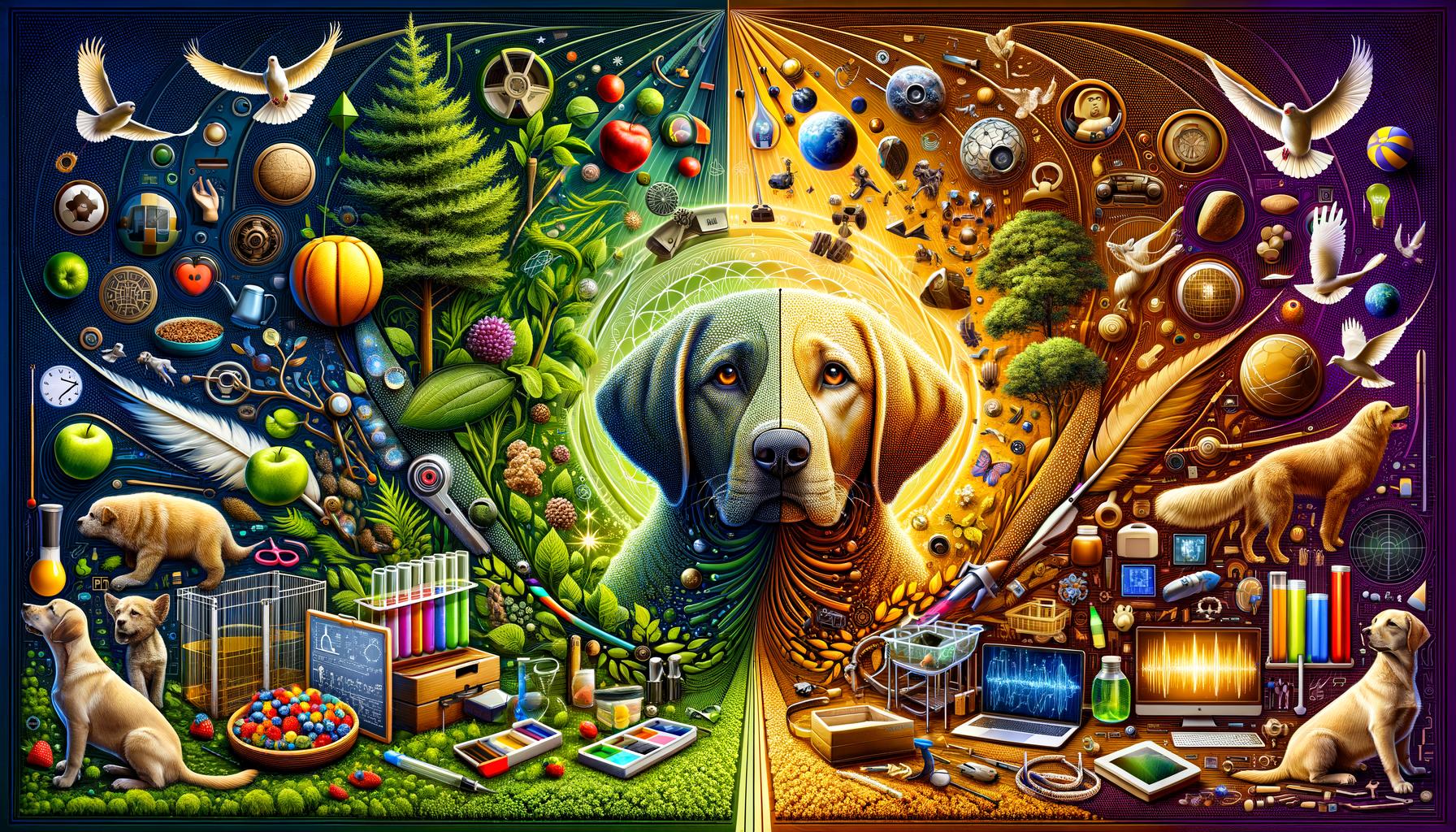

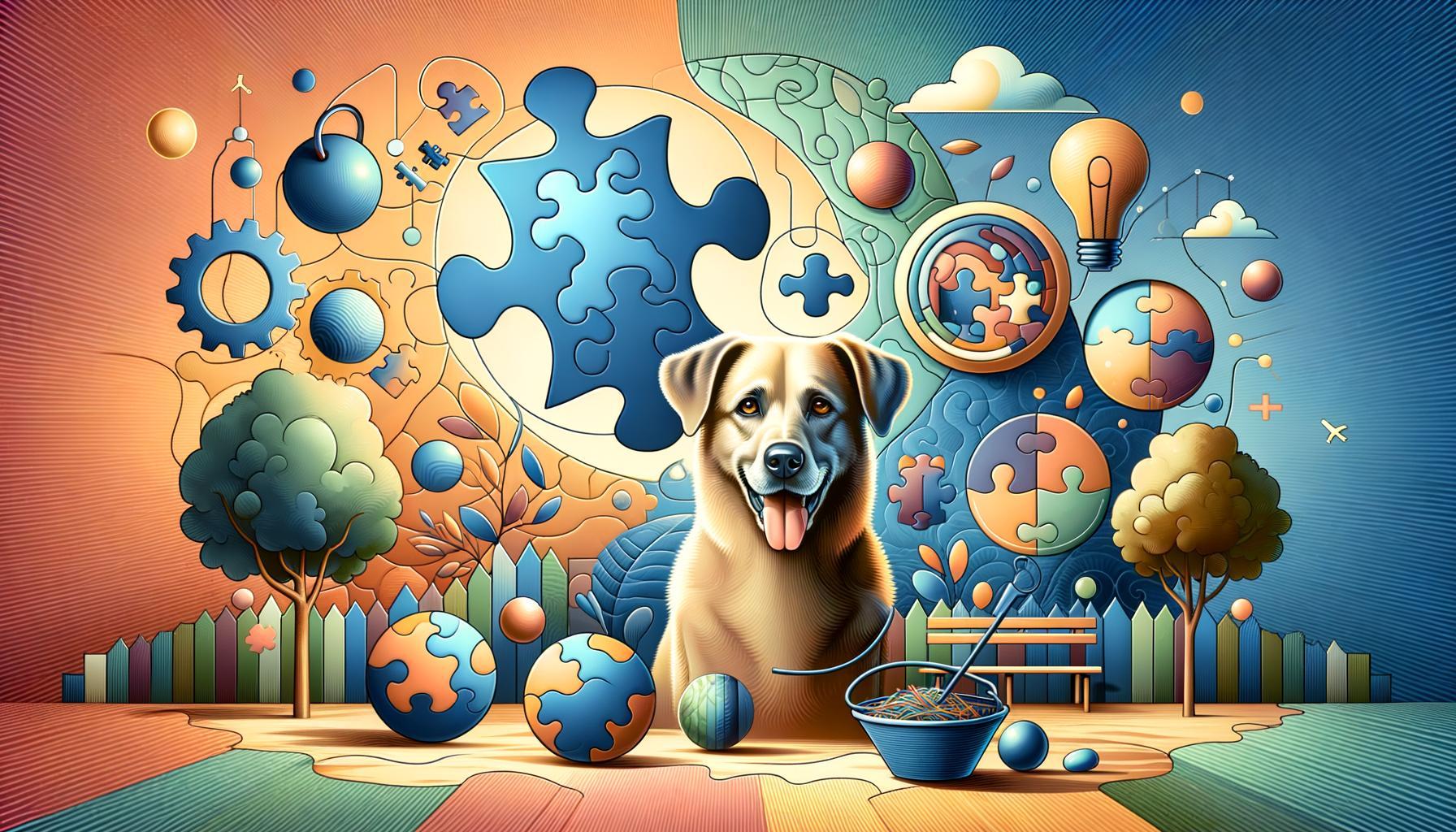
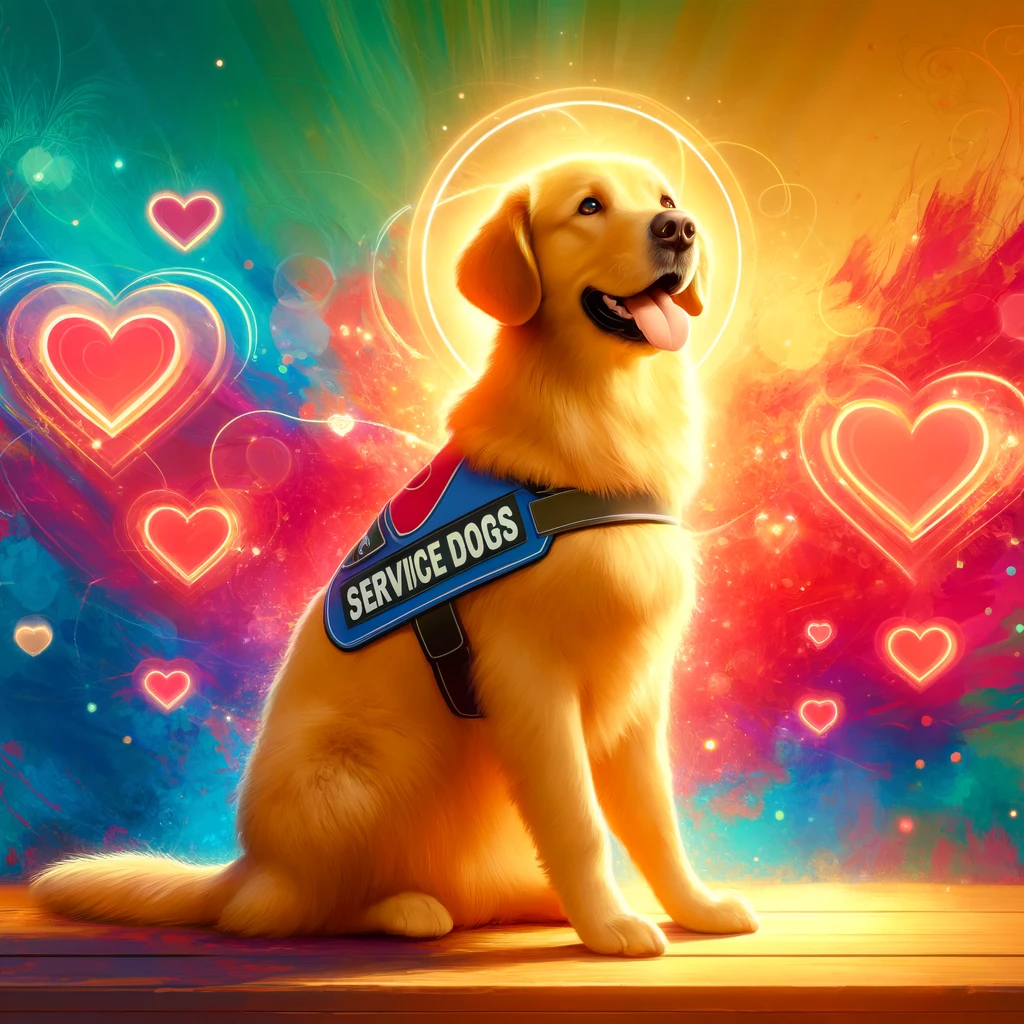
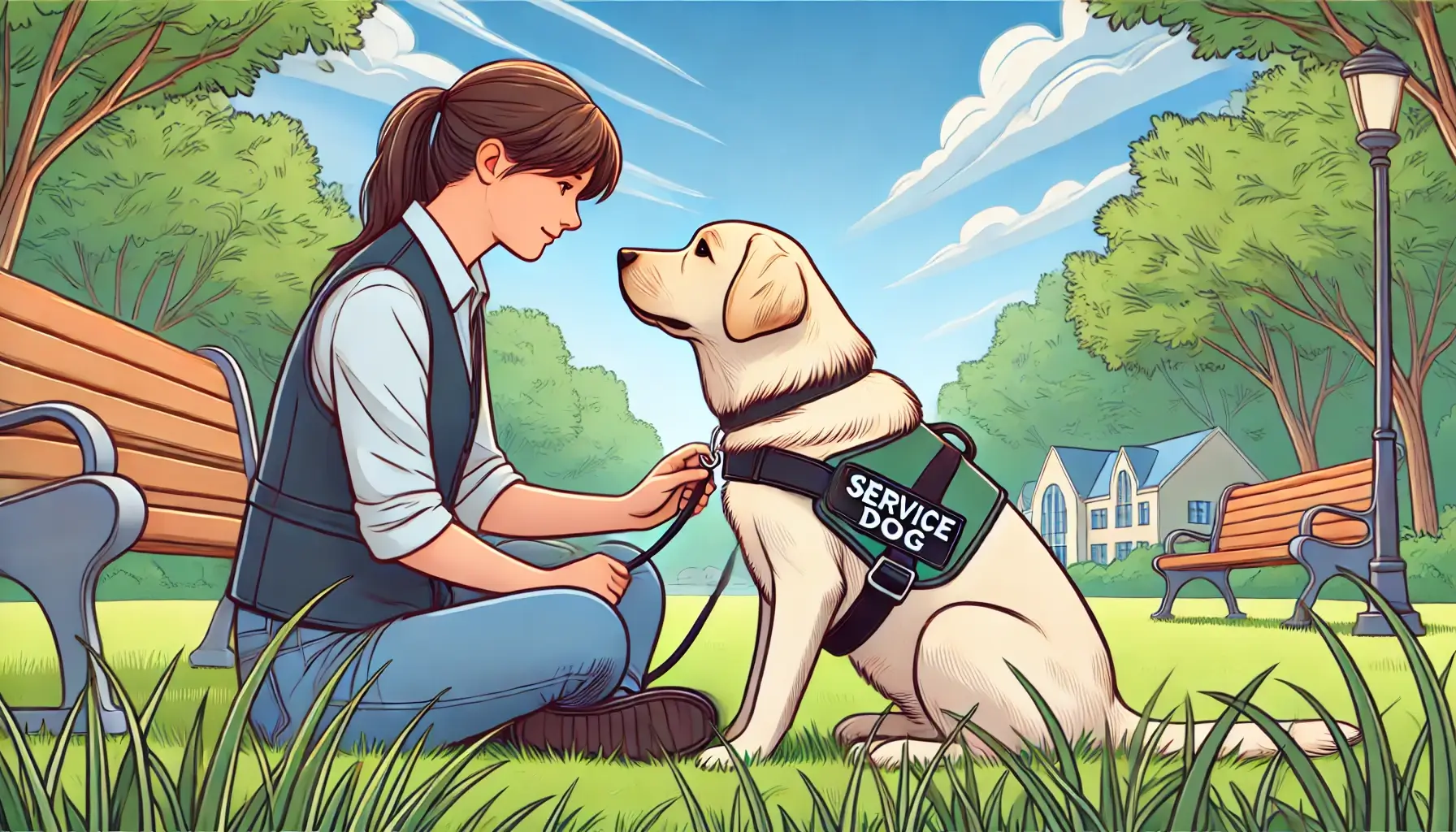
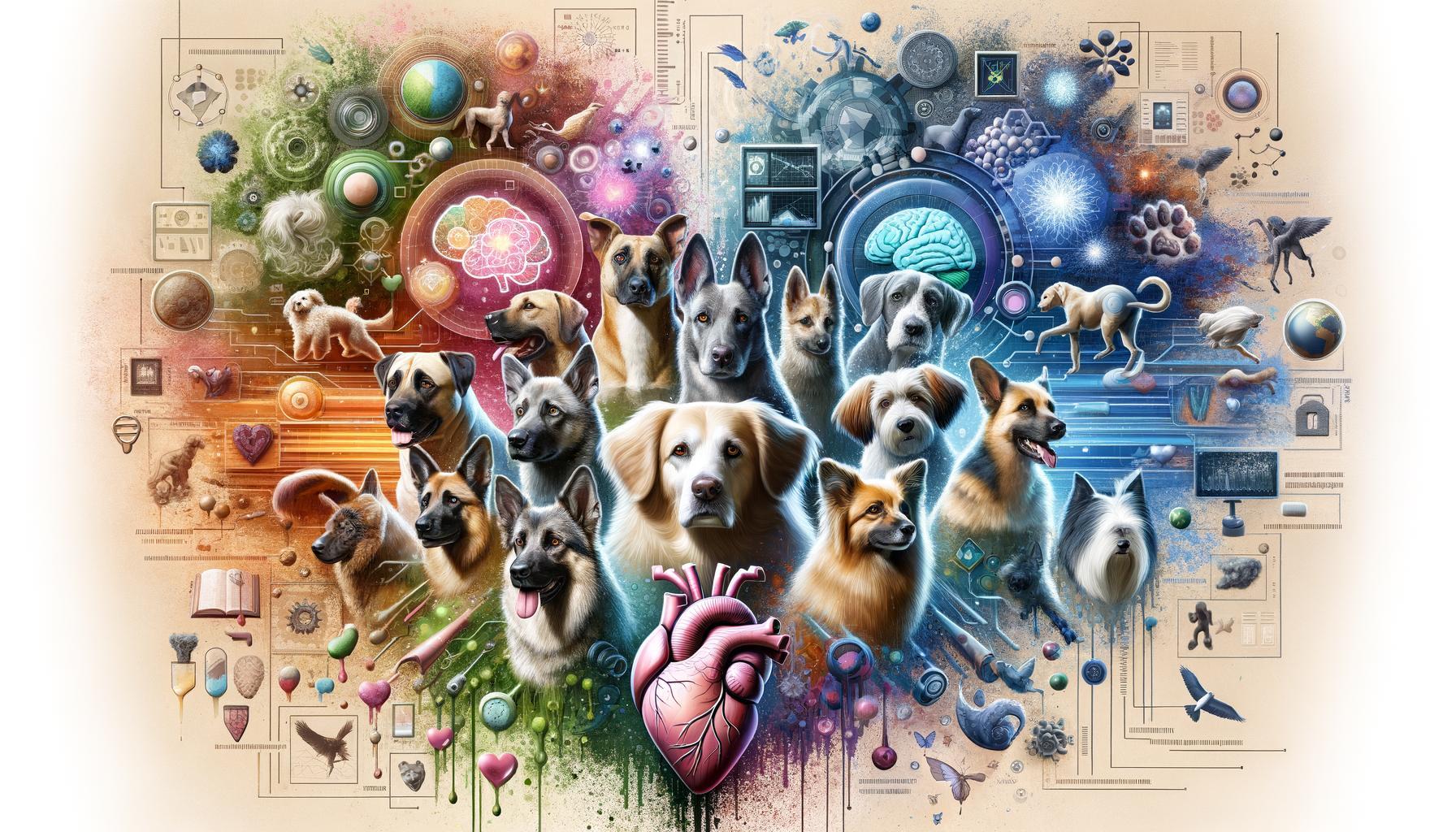
Leave a Reply